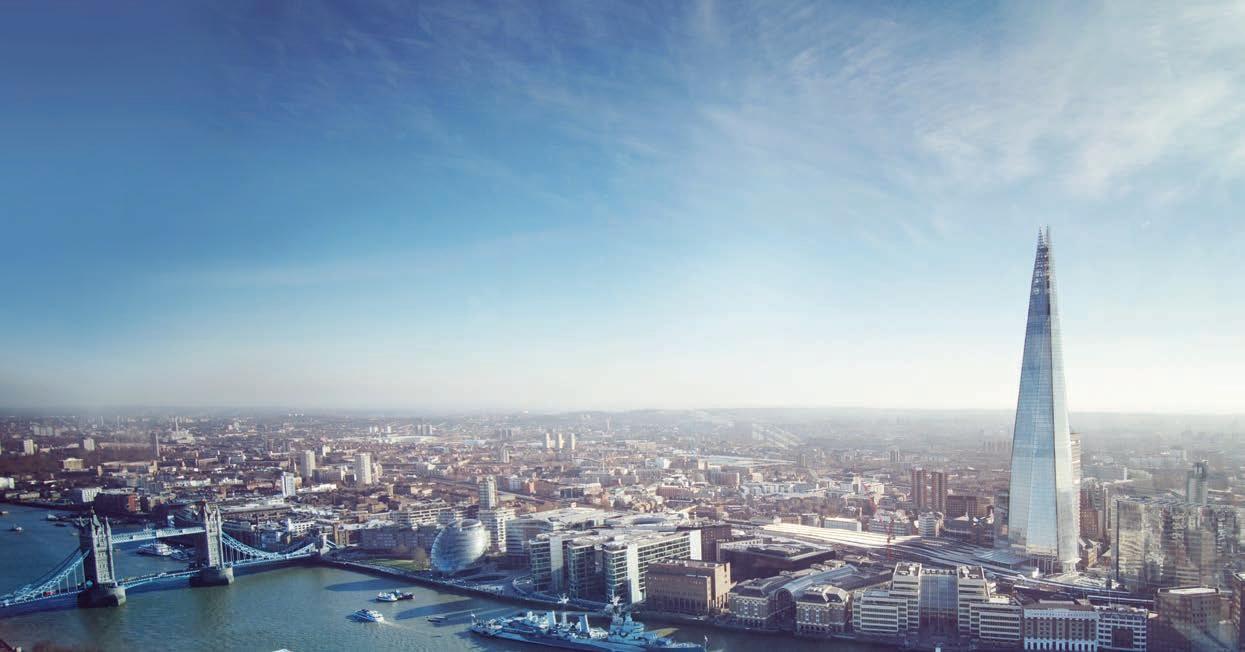BY PROFESSOR JO FOX AND DR PHILIP CARTER
The Institute of Historical Research (IHR) is the UK’s national centre for history, and is one of the institutes that comprise the University’s School of Advanced Study. Founded in 1921, the IHR is currently preparing to mark the centenary of its creation. Summer 2021 sees the launch of ‘Our Century’ — a 12-month festival of activities that explores history’s past, present and future, and the IHR’s central role in shaping the discipline in the 2020s and beyond.
O
n 8 July 1921, the great and good gathered at the University of London’s new home in Bloomsbury. The invited party, including politicians, church leaders, diplomats and senior academics, were there to celebrate the opening of the University’s new Institute of Historical Research. Guest of honour was Herbert Fisher, president of the Board of Education, whose address was subsequently reported in The Times newspaper. The Institute’s creation was, he declared: “a notable stage in the development of historical studies.” Its students would be “trained in methods of historical research,” with the University of London set to become “a centre of historical training and education, richer in opportunities than Paris or Berlin.” Fisher concluded by praising Albert Pollard, the Institute’s inspiration and founding director, whose “signal energy and zeal” had made possible this new home for history.
A pressing need Fisher was quite right. For more than a decade, Pollard had been planning and arguing for a national centre of historical research. The need was pressing. History as a scholarly discipline was then in its infancy and still regarded by many as a mere branch of literature. In contrast, those campaigning for a new approach to the past advocated rigorous archival-based study, ‘scientific’ research methods and qualifications such as the PhD – first awarded in History by a British university in 1921. By the late 1910s, Pollard and others feared Britain was lagging far behind in this race for a modern research culture – a rivalry which accounts for Fisher’s competitive reference to Paris and Berlin in his speech. The race was also speeding up, hastened by profound changes that followed the end of the First World War. In Britain suffrage reform had greatly increased the number of working-class men and women aged over 30 now able to vote. Meanwhile, from across Europe came calls for greater international collaboration to avoid returning to the horrors of modern warfare. To its champions, History and historical knowledge were essential tools in cultivating both a responsible mass electorate and a new spirit of internationalism. In an essay from 1920, Pollard spoke of his proposed ‘School of Historical Research’ as having a “practical bearing upon our present problems and our present discontents.” The world was in flux and the coming decade full of uncertainty. “It is useless simply to know things as they are; we want to know what
34 WC1E | london.ac.uk/alumni






















